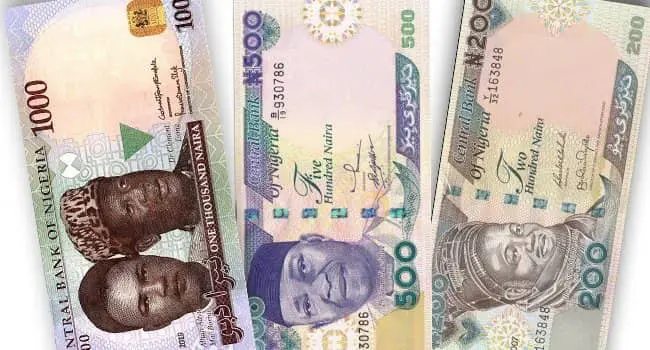In response to recent reports of cash shortages in major cities and concerns about the legality of old Naira banknotes, the Central Bank of Nigeria (CBN) has issued a public statement reiterating that every banknote it has issued remains legal tender. The directive applies to both old and redesigned denominations, and the CBN emphasizes that no one should reject any of these notes.
The Director of Corporate Communications of the CBN, Isah Abdulmumin, addressed the public in a statement titled ‘All Banknotes Issued by the CBN Remain Legal Tender.’ The announcement came after reports of cash scarcity and anxiety among the public regarding the status of old Naira notes.
Abdulmumin stated, “While reiterating that there are sufficient banknotes across the country for all normal economic activity, we wish to state unambiguously that every banknote issued by the Central Bank of Nigeria remains legal tender and should not be rejected by anyone, as stipulated in Section 20(5) of the CBN Act, 2007.”
To ensure an adequate supply of cash, the CBN has directed its branches nationwide to continue issuing different denominations of both old and redesigned banknotes to deposit money banks. The apex bank emphasizes that there is ample stock of currency notes to facilitate normal economic activities.
The announcement follows the apex bank’s previous directive to the public regarding the sufficiency of currency notes and the alleged scarcity of cash in banks, ATMs, Points of Sale, and Bureaux de Change in some major cities.
The CBN’s clarification is particularly significant as the December 31, 2023 deadline approaches, marking the end of the legitimacy of old Naira notes. The move to redesign some denominations, including N200, N500, and N1000 notes, was initially aimed at promoting cashless transactions and controlling currency circulation.
However, the policy faced opposition from various sectors, leading to economic challenges and a decline in Gross Domestic Product growth. The Supreme Court later mandated the CBN to retain the legality of old N1,000, N500, and N200 notes alongside their redesigned counterparts until the end of the year.
In response to the recent announcement, Nigerians expressed relief on social media platforms, with many sharing their frustrations during the cashless policy implementation. The CBN’s decision has been welcomed by the public, and experts believe that the clarification will dispel doubts and uncertainties in the economy.
While some concerns have been raised about the confusion between old and new notes, especially among lower-income individuals, experts suggest that the CBN needs to address these discrepancies systematically for a smoother transition in the currency system.










